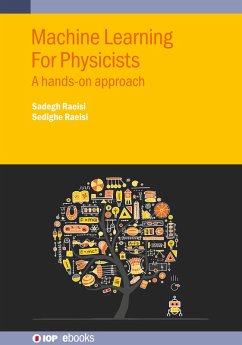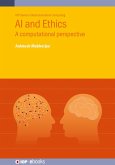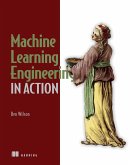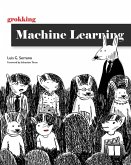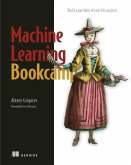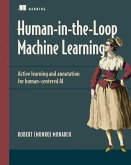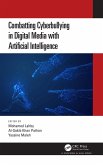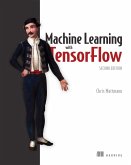Applications of Machine Learning (ML) for research problems in Physics has attracted a lot of attention over the past few years. Machine learning provides powerful tools that can facilitate scientific progress and open new avenues of research as seen already in areas from cosmology and particle physics to protein folding and quantum machine learning. But there is still a large part of the community that is not familiar with these techniques and concepts. There is even a smaller subclass that has the right skills to practically apply this knowledge to their research problems.
It is critical to educate our students with modern machine learning techniques and to give them the skill set required for the practical application of ML to their everyday research. This book presents ML concepts with a hands-on approach for physicists. The goal is to both educate and enable a larger part of the community with these skills. This will lead to wider applications of modern ML techniques in physics. Accessible to physical science students, the book assumes a familiarity with statistical physics but little in the way of specialised computer science background. All chapters start with a simple introduction to the basics and the foundations, followed by some examples and then proceeds to provide concrete examples with associated codes from a GitHub repository. Many of the code examples provided can be used as is or with suitable modification by the students for their own applications. The book aims to enable its readers to understand the approaches available to them and to equip them to be able to apply these techniques to their research problems.
It is critical to educate our students with modern machine learning techniques and to give them the skill set required for the practical application of ML to their everyday research. This book presents ML concepts with a hands-on approach for physicists. The goal is to both educate and enable a larger part of the community with these skills. This will lead to wider applications of modern ML techniques in physics. Accessible to physical science students, the book assumes a familiarity with statistical physics but little in the way of specialised computer science background. All chapters start with a simple introduction to the basics and the foundations, followed by some examples and then proceeds to provide concrete examples with associated codes from a GitHub repository. Many of the code examples provided can be used as is or with suitable modification by the students for their own applications. The book aims to enable its readers to understand the approaches available to them and to equip them to be able to apply these techniques to their research problems.
Dieser Download kann aus rechtlichen Gründen nur mit Rechnungsadresse in A, D ausgeliefert werden.

